Results 1 - 12 of 16
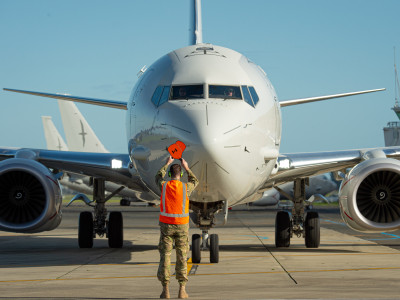
Air
Air Surveillance Maritime Patrol (ASMP)
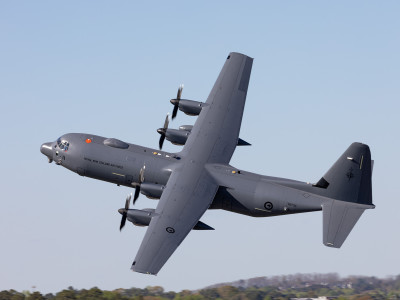
Air
Future Air Mobility Capability – Tactical
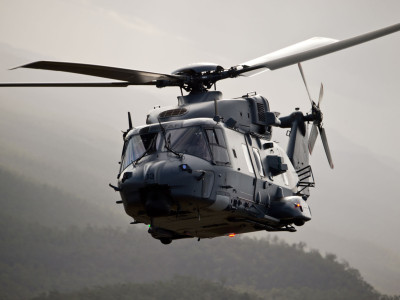
Air
Operational and Regulatory Aviation Compliance Sustainment (ORACS)
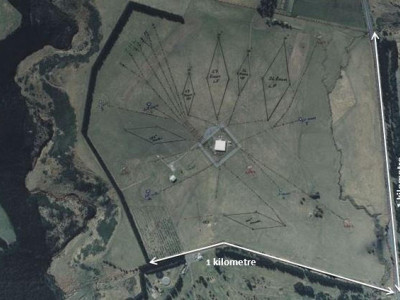
Info
Fixed High Frequency Radio Refresh
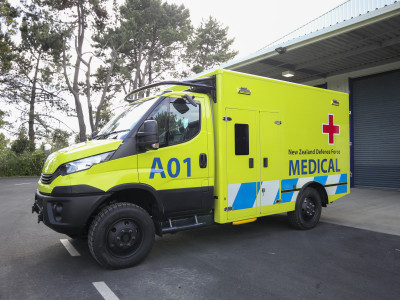
Land
Garrison and Training Support (GATS) Vehicles Project
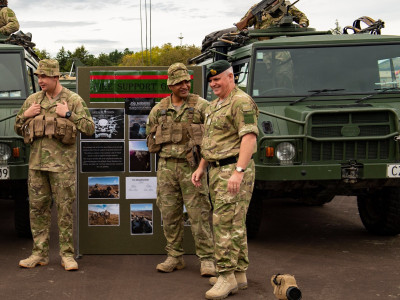
Land
Network Enabled Army (NEA) programme
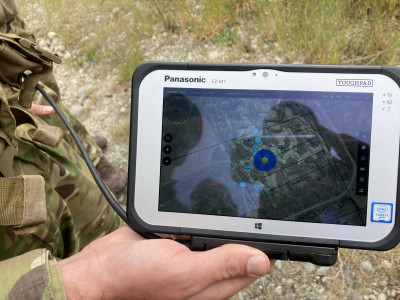
Land
Network Enabled Army (NEA) C4
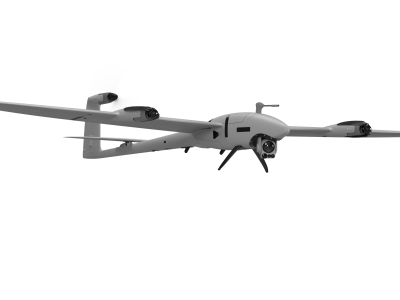
Land
Network Enabled Army (NEA) ISR – Reconnaissance and Surveillance
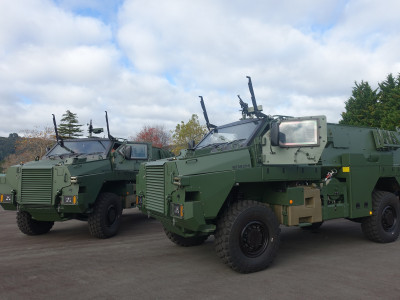
Land
Protected Mobility Capability Project
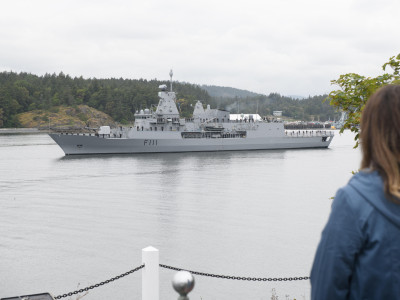
Maritime
Anzac Frigate Upgrade Programmes - an overview
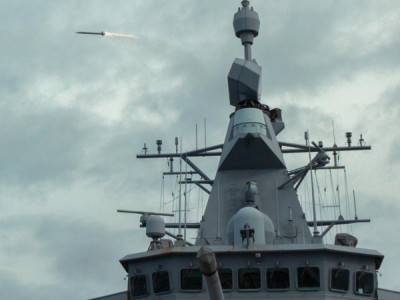
Maritime
Anzac Frigate Systems Upgrade
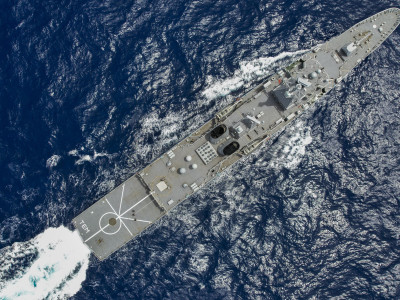
Maritime
